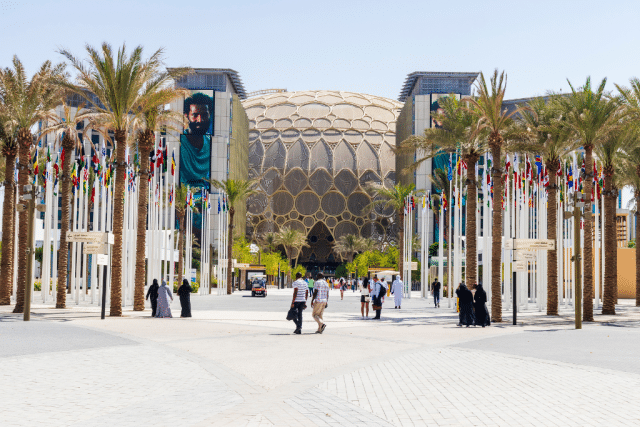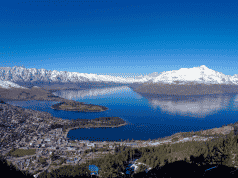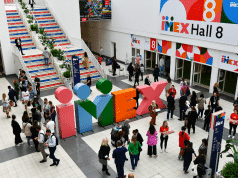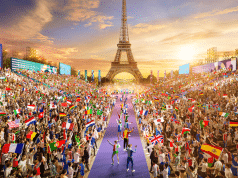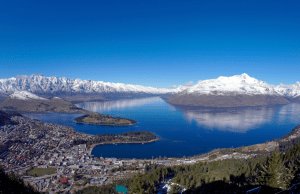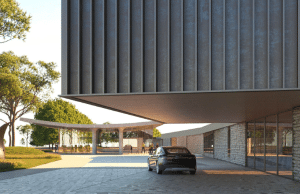What are the major global issues the world will be discussing in 2022?
From greening urban areas, to space junk to education through play, Expo 2020’s World Majlis series, as part of the Programme for People and Planet, has hosted 26 World Majlis conversations, featuring 200-plus participants from more than 35 countries.
Across Theme Weeks covering Climate and Biodiversity; Space; Urban and Rural Development; Tolerance and Inclusivity; and Knowledge and Learning, the series has captured five exciting trends expected to play a major role in 2022, while also challenging traditional ways of thinking – all now available in the World Majlis Reports.
2022 is the year that nature and cities work together
With net-zero targets in the spotlight for climate solutions, nature is taking centre stage as a critical infrastructure for urban wellbeing. If traditional urban planning has left nature and the built environment at odds with each other, with nature being nothing more than decorative landscaping, new urban concepts will increasingly place nature at the core of physical and mental wellbeing. From Singapore’s productive urban green spaces to Expo 2020s 14,000 trees and 3.5 million shrubs attracting a variety of resident bees, birds and insects, new generations of urban planners and ‘urban farmers’ are leading the way in rethinking the role of nature in cities and beyond, including the regional energy, food and water ecosystems that support a city.
– How do we train a new generation of ‘growers’ and gardeners?
– Why is it so hard to sell nature to city planners?
– If we take into account our local knowledge of the environment, can we build better modern cosmopolitan cities?
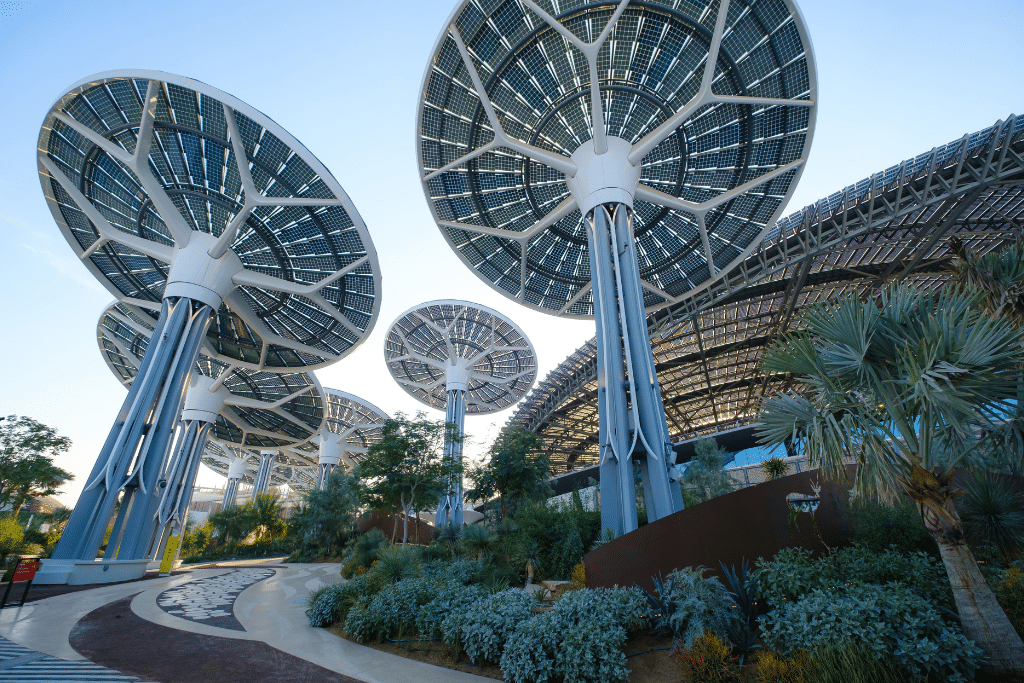
2022 is the year of space tech diplomacy
In 2021, data from the UAE’s Hope Probe orbiting Mars was made publicly available, continuing the country’s mission to work collaboratively in space. This philosophy continues into 2022, reflecting a global move towards technology-led coalitions for responsible space exploration, and with around 70 nations now able to launch space technology, the challenge is how to do this effectively, responsibly and collaboratively.
Learning from how humans have damaged Earth, space sustainability is the subject of much debate, with space debris in low Earth orbit being one of the most pressing topics. In the coming decades, the most significant increase in satellites will come from mega-constellations of tiny satellites, more likely from companies than governments. With engineers collaborating on new solutions to reduce the volume of space junk and avoid risky collisions, the development of new international mechanisms for sustainable space will be a priority.
– Are we at the dawn of a space bubble? Can it be avoided?
– Will space become the Wild West, or shall the ideal of a shared, open space win out?
– How do we avoid a data divide between partners in a satellite constellation, and those that need the data, but are not in the partnership?
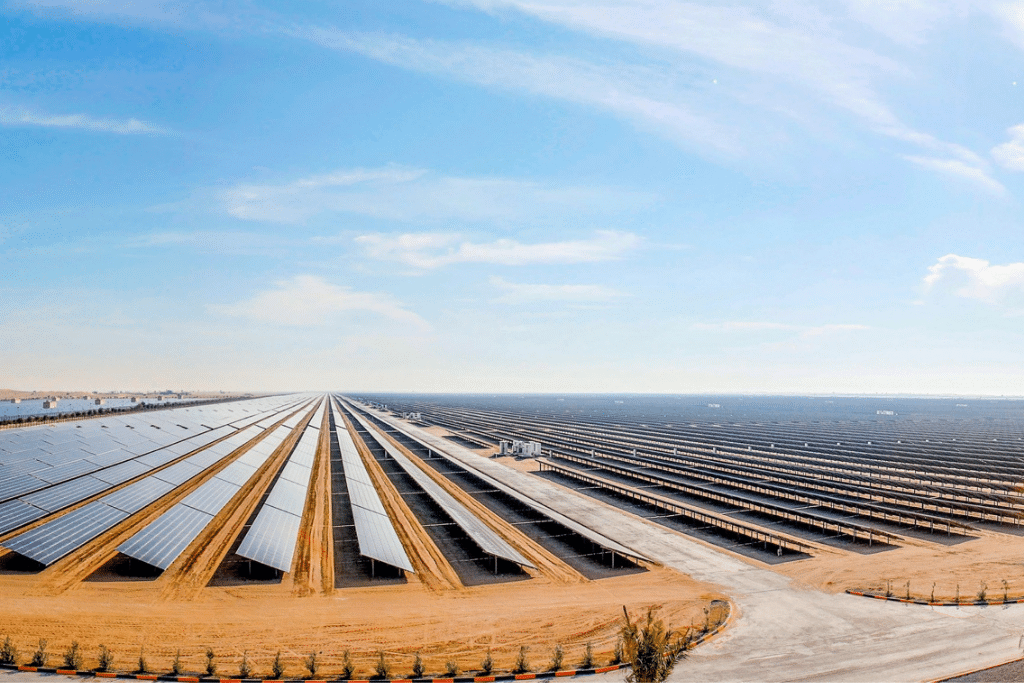
2022 is the year sportsmanship challenges the polarised media
While education and training are important from an early age in teaching how to distinguish facts from fiction, the values in sportsmanship appear to be equally relevant for curbing the polarisation of opinions. It may seem a far-fetched link, yet games and sports are not just about winning and losing, they about creating connections with an opponent and playing by the rules. In the words of international chess grandmaster Judit Polgár, “When you play, you open up. You say: ‘I’m open to learning, playing and improving, and to following the rules – but I want to be better than my opponent.’”
We will see educational curricula increasingly introduce strategy games, such as chess, not only to train pupils to think critically but also to collaborate and develop greater instincts for mutual understanding and conflict resolution. In the run-up to the 2022 Beijing Winter Olympics, there is an opportunity to highlight new ideas of how sportsmanship can lend its values to tackle the polarised media in a different way.
– How do we cultivate abilities to handle multiple perspectives and listen to diverse voices?
– How can games of strategy be used to enhance critical thinking in classrooms to increase empathy and reduce polarisation?
– How do we use sportsmanship to develop our ethical thinking?
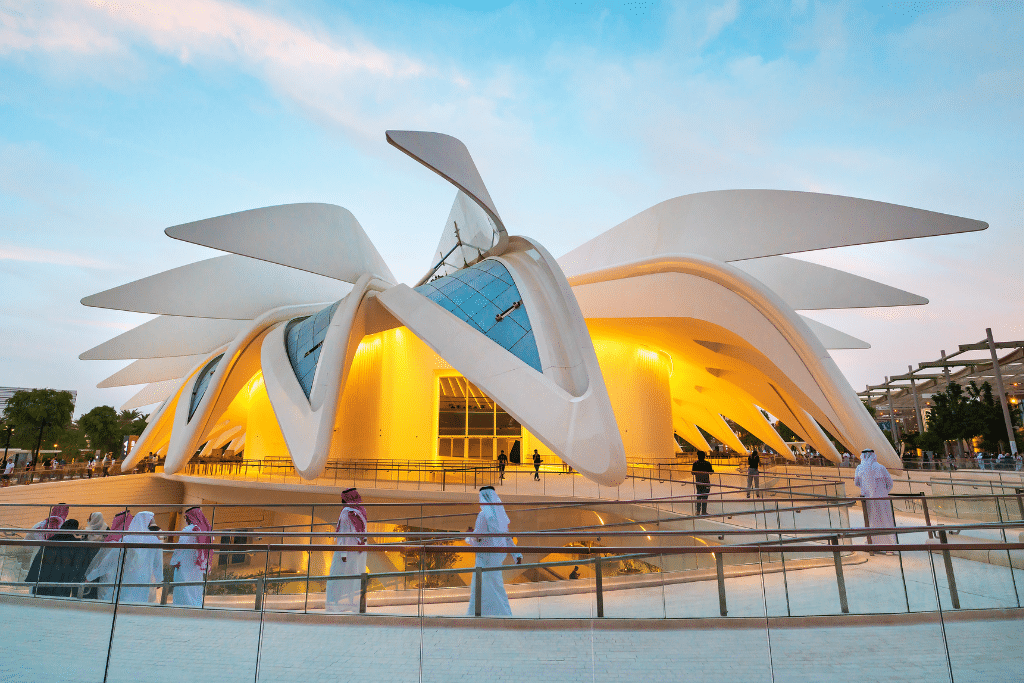
2022 is the year indigenous concepts find a voice
2022 marks the beginning of UNESCO’s Decade of Indigenous Languages – protecting critical local heritage at a time when we are seeing a broader global role for these voices, particularly at the last UN Climate Change summit in Glasgow, where indigenous communities played an active role alongside national delegations.
As more countries and cultures are called to tackle interdependent global challenges, it is clear that any system for human knowledge, in isolation, is too limited. Scientific frameworks must be enriched and expanded with the knowledge that comes from the environment itself. In 2022, we will see increasing evidence of how local knowledge can successfully enrich scientific research, inform sustainable urban planning, and lead the way to novel legislation. Inspired by the early moves of countries like New Zealand, working with indigenous communities to grant legal personhood status to an ecosystem surrounding a river, more regions will look into new social contracts to respect their environments.
– Are we ready to accept that indigenous knowledge is as important as technology to help our scientific understanding of the Earth?
– What if the fourth industrial revolution was driven by the voices of biologists, health professionals and indigenous people on an equal footing to digital technology business experts and engineers?
– What are unexplored engineering solutions based on nature?
2022 is when we measure success by what matters locally
The New European Bauhaus – a European Commission initiative to create more beautiful, sustainable and inclusive forms of living together – is the culmination of years of changing approaches on how to measure successful cities. The COVID-19 pandemic has highlighted significant challenges, such inflexible buildings that fail to reconcile home, work and school, and the importance of green spaces and outdoor areas.
A high-quality environment can no longer be defined by how many solar panels are installed, or how many kilometres of cycling lanes are built. While these are important, planning needs to be led by ‘outcome-orientated’ goals, such as the health and social wellbeing of communities and the degree to which these communities can participate in creating better spaces. In 2022, the notion of ‘tactical urbanism’ – how to engage communities to conserve, enhance or try to reimagine certain areas, will gain importance. From food trucks to pop-up farms on the rooftops of car parks, artisan markets to community art projects, cities are making space for residents to be part of their design.
– How do we balance commercial and quality-of-life goals in a city?
– Are designers listening enough to residents?
– Is technology alone capable of capturing the qualitative needs of citizens?


